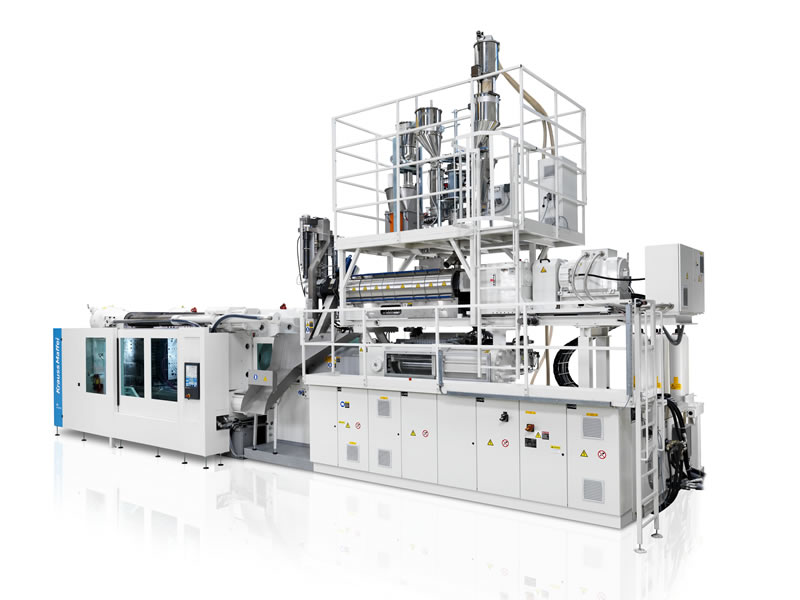
You can rely on machine technology for the construction industry
Automotive, packaging, medical technology and technical parts—these are the focal points for using Injection Molding Machinery from KraussMaffei. But construction is another important customer industry for applications using the processes and machines from the Munich-based manufacturer. In addition to the extensive portfolio of extrusion and Reaction Process Machinery, you also receive individualized injection molding-related solutions for your applications in design and construction.
Your benefits;
|
 |
Construction usually conjures up thoughts of materials like wood, steel, concrete or mortar. But these tried-and-tested traditional materials are being replaced by plastic and rubber in more and more applications. These new materials offer noticeable advantages. They are lightweight, provide heat insulation, resist the effects of weather and UV radiation, can be installed easily and are scratch and impact-resistant. KraussMaffei's product line features the perfect machine solution for any requirement in the construction industry in injection molding, reaction process machinery and in extrusion in particular. Underground construction or high-rise building work, interior fitting or outdoor facilities—you receive customized systems to meet your specific production requirement.
Techniques like the IMC process developed by KraussMaffei give you novel opportunities in the construction industry by allowing you to manufacture articles in a one-step production process. IMC successfully links the continuous extrusion process with the discontinuous injection molding process in one manufacturing cell. You benefit from gentle material processing that ensures the end product quality you are looking for.
Composite materials can also be processed using KraussMaffei machines and represent another alternative for construction applications. These composites consist of a polymer matrix and a natural material. In addition to wood, other materials can be used such as hemp, flax, rice husks and cellulose as well as a large variety of polymers such as HDPE, PP and PVC. Compared with pure polymer materials, they are stiffer and have a much lower coefficient of thermal expansion. They are weatherproof, durable and require no maintenance, making them the ideal substitute for tropical woods.